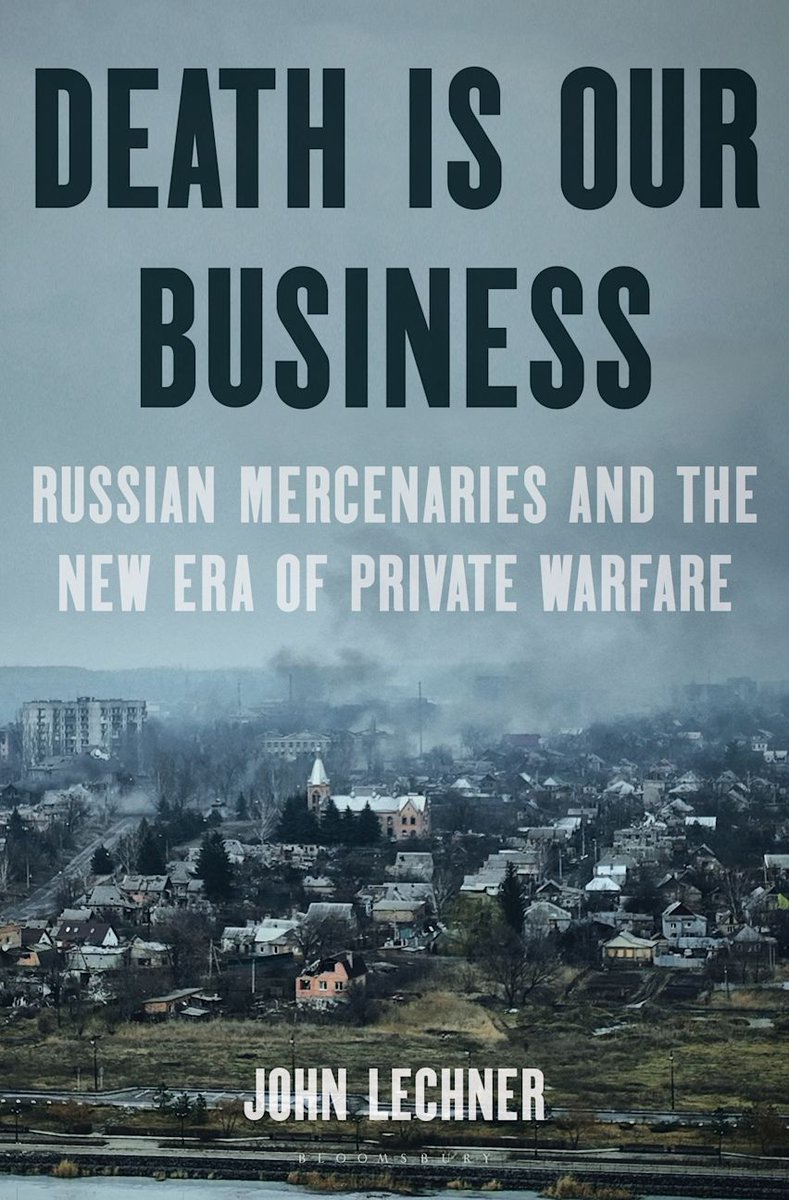Cutting a cable may not constitute an act of war, but that doesn't mean the cable isn't a military target.
What are the implications of subsea fibers being considered military targets?
What @naval_service capabilities should we have to protect this critical data infrastructure?
What are the implications of subsea fibers being considered military targets?
What @naval_service capabilities should we have to protect this critical data infrastructure?
https://twitter.com/RobGilbey/status/1481060322572177415
Firstly, severing a subsea fiber isnt as simple as it sounds. Breaking a cable is one thing, severing it, is quite another.
Fiber optics are lightweight glass products, but propagating light across oceans requires power, so the cable is more a power cable as it is a fiber cable.
Fiber optics are lightweight glass products, but propagating light across oceans requires power, so the cable is more a power cable as it is a fiber cable.

What's worth noting is that as the technology evolves, the form factor of subsea cables start to change.
More fiber cores are being pumped into small cables, means longer cables can be spooled onto cable laying ships.
But that presents a challenge
There is no one size fits all
More fiber cores are being pumped into small cables, means longer cables can be spooled onto cable laying ships.
But that presents a challenge
There is no one size fits all

If a critical legacy cable is broken, & spare cable isn't available on the shelf, a replacement length may need to be custom built to order.
Factor that in to aggressive manufacturing schedules, and you could be talking weeks, if not months to produce.
Factor that in to aggressive manufacturing schedules, and you could be talking weeks, if not months to produce.

Then you need a ship that is capable, compatible, & available to collect the cable and deploy it.
These ships are in high demand with equally aggressive installation schedules to work against.
These ships are in high demand with equally aggressive installation schedules to work against.

Repairing a cable doesnt always occur at the damage itself.
Diagnosing the fault can offer an indicative distance to the first break, but that is the dist of the cable, not the route.
The ship would bracket the fault over a multi km span, cut out & replace the bad section.
Diagnosing the fault can offer an indicative distance to the first break, but that is the dist of the cable, not the route.
The ship would bracket the fault over a multi km span, cut out & replace the bad section.
So when you see that 2.5 miles of cable has been removed from a circuit, that is an attack designed to strain the supply chain.
Ireland should take serious note of that and @IRLCoDF will hopefully be making recommendations to support maritime security.
thedrive.com/the-war-zone/4…
Ireland should take serious note of that and @IRLCoDF will hopefully be making recommendations to support maritime security.
thedrive.com/the-war-zone/4…
Why is all this important in the context of military targeting?
Because if the cable is deemed an acceptable military target. Then what about the cable laying ship? Or the manufacturer's factories? Or stores? Or the repair crews themselves?
Is the entire supply chain at risk?
Because if the cable is deemed an acceptable military target. Then what about the cable laying ship? Or the manufacturer's factories? Or stores? Or the repair crews themselves?
Is the entire supply chain at risk?

Yes, a malicious nation state actor can sever a cable, and temporarily disrupt connectivity, but if they wanted to sustain that impact, they would have to attack the supply chain.
This is where we get into dodgy grounds with the laws of armed conflict.
This is where we get into dodgy grounds with the laws of armed conflict.

Could a cable laying ship be considered a military contract vessel?
What if it is a French ship is attacked by a Russian submarine working on a Transatlantic cable landing in the UK, responding to a cable break in Ireland's EEZ?
What are the implications of that?
What if it is a French ship is attacked by a Russian submarine working on a Transatlantic cable landing in the UK, responding to a cable break in Ireland's EEZ?
What are the implications of that?

There has already been reports by @JohnMooneyIRL that Russian spies are conducting reconnaissance on Irish landing points. Suspicious trawlers linked to Russia have been detected in Irish EEZ. Russian submarines are tracked by Royal Navy through our EEZ too.
What are we doing?
What are we doing?
If Ireland was cut offline. How long before that results in violence?
Imagine the misinformation campaigns over the mediums that are left accessible. It would be carnage.
The economy would be irreparably damaged, and I couldn't see the big tech attraction to an offline nation
Imagine the misinformation campaigns over the mediums that are left accessible. It would be carnage.
The economy would be irreparably damaged, and I couldn't see the big tech attraction to an offline nation
How can the @defenceforces help?
1) Fund the Naval Service so that it is an attractive career
2) Build capability in anti-sub warfare, subsurface surveillance & multi-role vessels.
3) Engage network carriers & offer naval protection within 🇮🇪 EEZ to repair ships during conflict.
1) Fund the Naval Service so that it is an attractive career
2) Build capability in anti-sub warfare, subsurface surveillance & multi-role vessels.
3) Engage network carriers & offer naval protection within 🇮🇪 EEZ to repair ships during conflict.

How can you help?
Spread the word.
Have a conversation about the impact of Ireland going offline with your colleagues. See where it goes
Advocate for more defence funding. (Defence isn't a dirty word).
Call on your TD to promote investment in the Naval Service.
Spread the word.
Have a conversation about the impact of Ireland going offline with your colleagues. See where it goes
Advocate for more defence funding. (Defence isn't a dirty word).
Call on your TD to promote investment in the Naval Service.
Lastly, if Ireland does suddenly get cut off from the internet and go offline, don't tune into RT and have them convince you it was a @NATO plot to use trained sharks to bite through cables to reduce the information flow so that they can control the Irish population.
Just don't.
Just don't.
• • •
Missing some Tweet in this thread? You can try to
force a refresh














